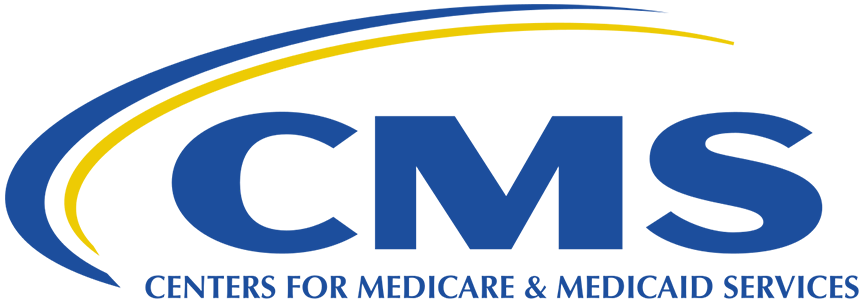Since 2006, the Centers for Medicare & Medicaid Services (CMS) has been engaged in a number of pilot projects to encourage Medicare beneficiaries to take advantage of Personal Health Records (PHRs). These tools, usually available through the internet, can help people track their health care services and better communicate with their providers. The type of Personal Health Records CMS has been testing are populated with health information from Medicare claims data. In the future, these records may be able to get information from a provider’s electronic health record system, and some providers may begin to allow patients to see the information directly from those electronic records.
In general, a Personal Health Record (PHR) is controlled by the individual, and can be shared with others, including caregivers, family members and providers. This is different from a provider’s electronic health record, which is controlled by the provider just as paper medical records are today. Ideally, a Personal Health Record will have a fairly complete summary of an individual’s health and medical history based on data from many sources, including information entered by the individual (allergies, over the counter medications, family history, etc).
Today, Personal Health Records are available from a number of sources: through many health plans for their members, through providers for their patients, and through independent vendors who are given permission by the individual to receive and store information from health plans, providers, pharmacies, labs, etc.
Having important health information—immunization records, lab results, etc.—in electronic form makes it easy for patients to update records and share them with other people who need it, including their health care providers and family members. Online PHRs can give health care providers valuable information on a patient in case of an emergency or if the patient requires care while traveling.
If a patient’s PHR includes information from all or many health care providers, it can help them receive better coordinated care. People who manage health care for family members —such as young children, elderly parents, and spouses—often find it difficult to keep track of doctor’s appointments and immunizations for several people. Having a system for tracking and updating that information can help the caregiver coordinate screenings and vaccinations that prevent illness or lead to earlier diagnosis and better outcomes.

